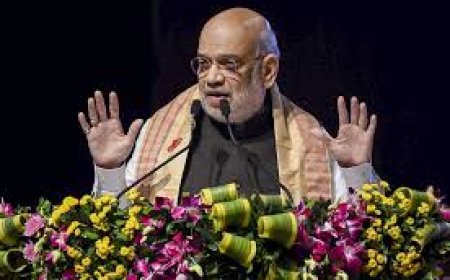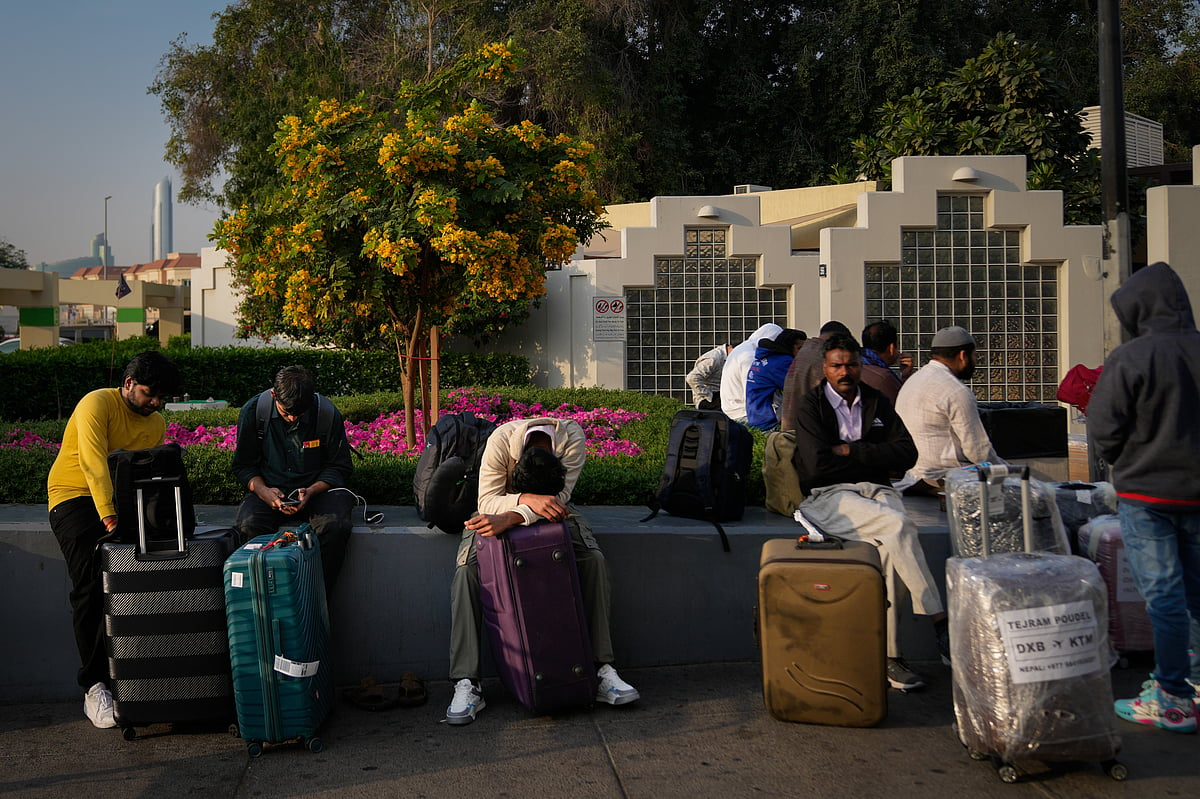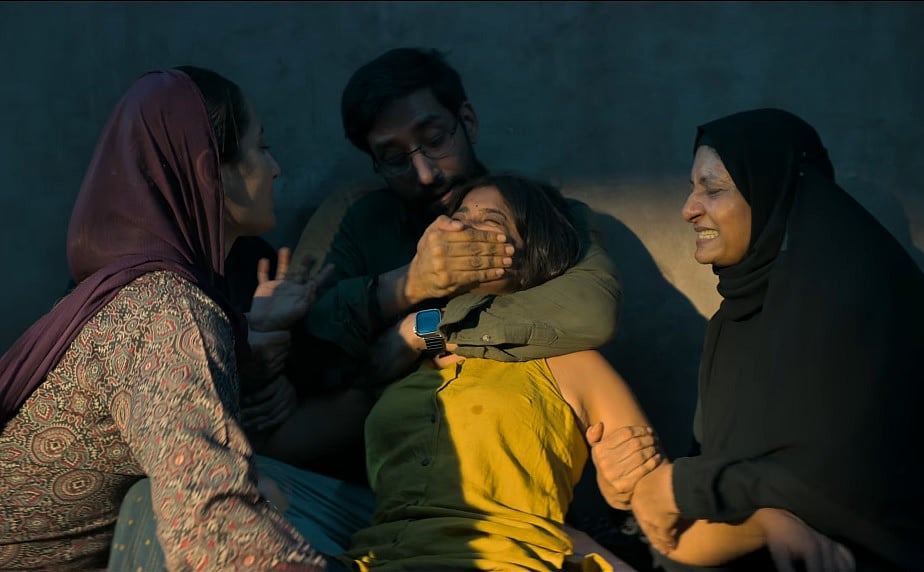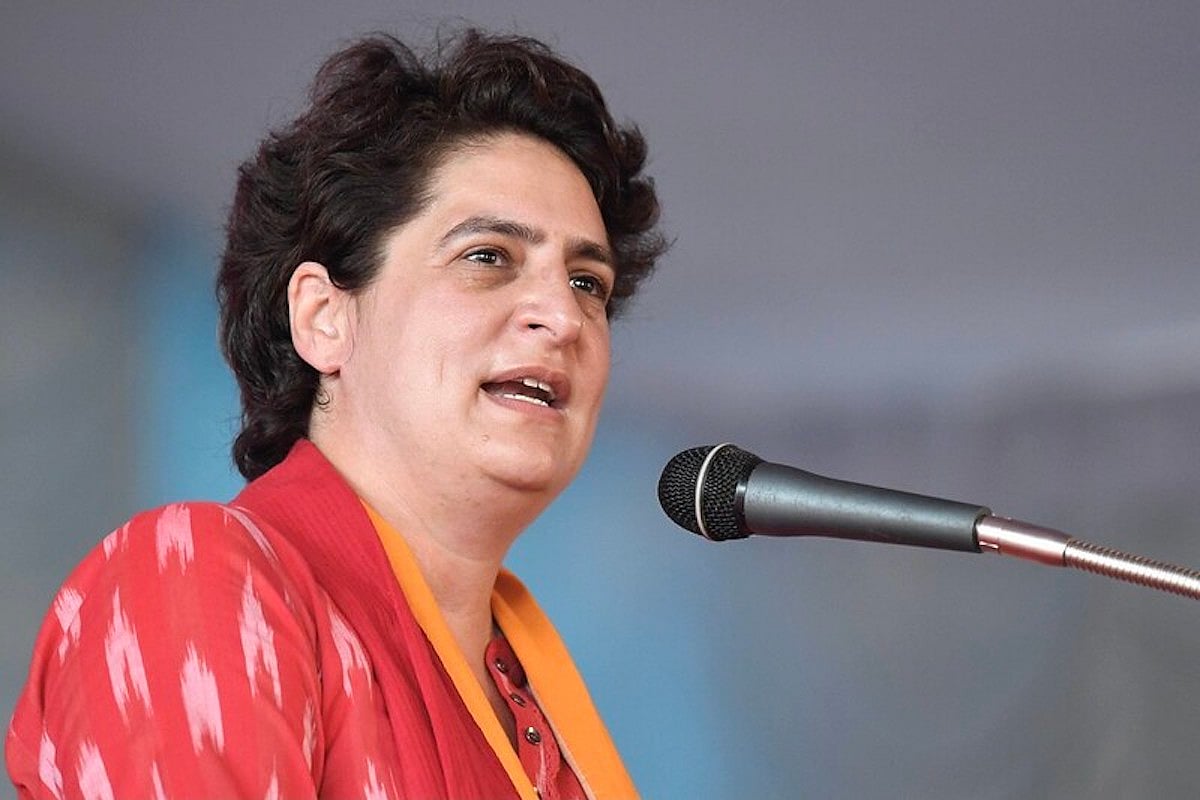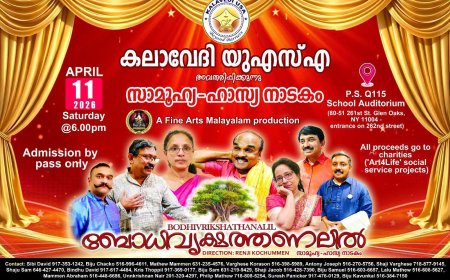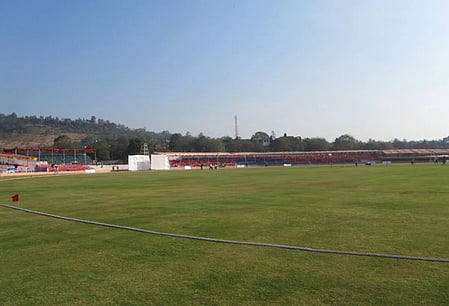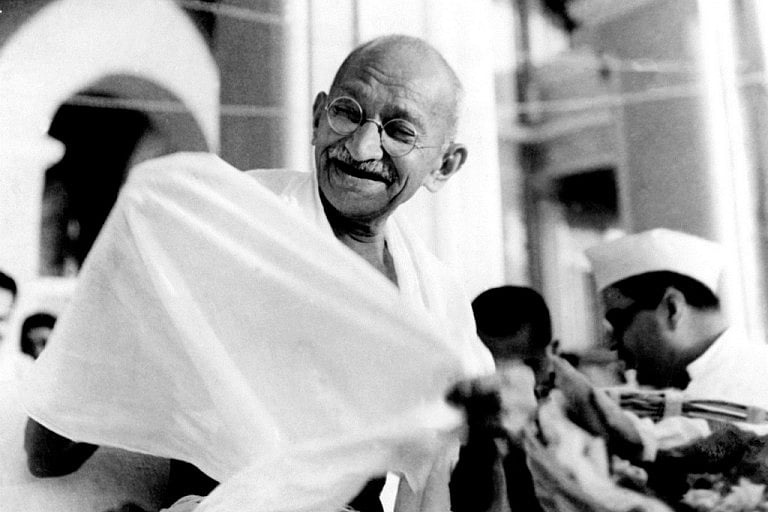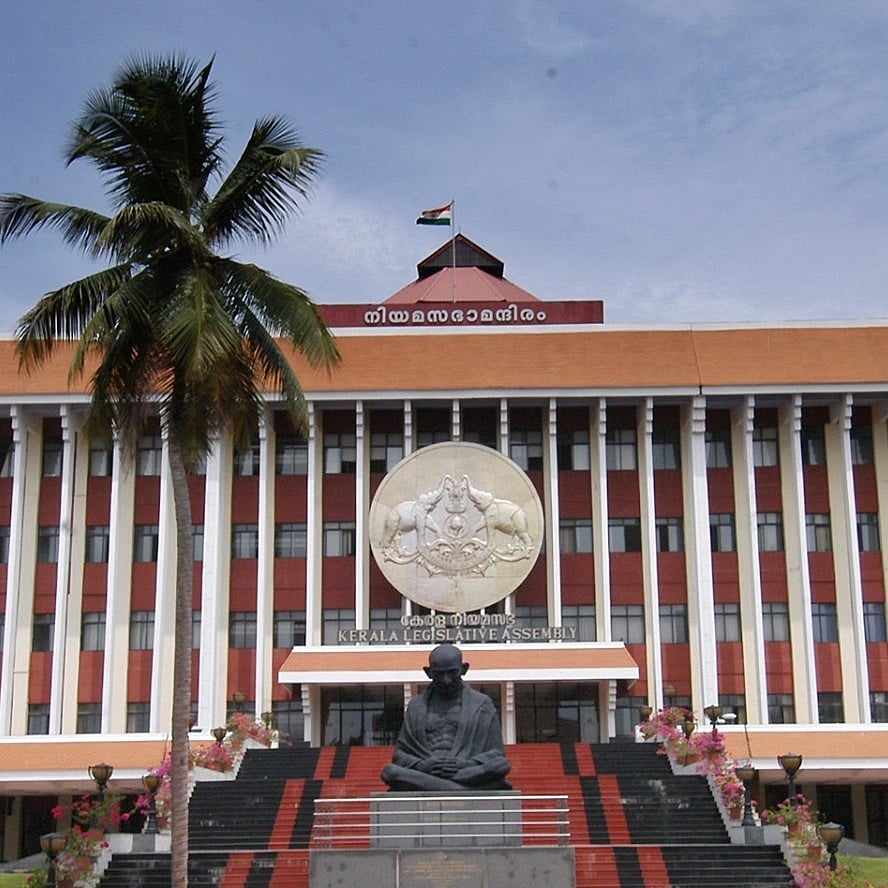Grand Alliance must learn lessons after Bihar rout

THE recent Assembly election results in Bihar have dealt a significant blow to the rival political alliance, with its defeat sending shockwaves across the nation. The alliance, which had been touted as a formidable force, failed to resonate with voters, leading to a disastrous outcome.
The opposition coalition, the Mahagathbandhan (Grand Alliance), suffered an overwhelming loss to the incumbent National Democratic Alliance (NDA).
The Mahagathbandhan, led primarily by the Rashtriya Janata Dal (RJD) and the Indian National Congress, was widely seen as the main challenger but ultimately faced a crushing defeat, securing a dramatically lower number of seats than the NDA.
Analysts point to several factors that contributed to the alliance's downfall, including internal conflicts, lack of a clear agenda and failure to connect with the masses.
The alliance's inability to present a united front and articulate a compelling vision for the future ultimately led to its downfall, besides several internal and external factors, including weak organizational structure, poor coordination among alliance partners and a lack of a unified narrative to counter the NDA's campaign that focused on welfare and strong leadership.
The Congress party, in particular, performed disastrously, winning only six seats out of the 61 it contested, which significantly dragged down the alliance's overall performance.
The defeat is seen as a major setback for the alliance's constituent parties, which are now facing an uncertain future. The loss has also raised questions about the alliance's leadership and strategy, with many calling for a rethink of their approach.
To survive and regain ground in Bihar after the election defeat, the electoral coalition of opposition parties led by the Indian National Congress needs a multi-faceted approach focusing on internal reform, a clear developmental vision, strong grassroots connectivity and effective alliance management.
What actions should the alliance take?
Parties need to address internal rumblings and family feuds that can damage credibility. This involves promoting new, mass-appeal leaders at all levels and building a cohesive team, moving beyond reliance on old-timers or dynastic charisma alone.
Instead of merely criticising opponents, parties should present a concrete vision for the state's future, focusing on better education, employment, healthcare, and infrastructure. Voters are increasingly looking for performance and development, moving beyond traditional caste-based voting patterns.
Rebuilding a strong base of active workers and connecting with the masses is crucial. Mass-contact programmes, like those planned by some parties to understand voter sentiment, can help bridge the gap with the electorate.
Opposition parties often suffer from a lack of cohesive alliances and seat-sharing disputes. Fostering genuine, respectful, and disciplined alliances with regional partners, where all allies feel valued, is essential to counter the dominant coalition.
Parties should take responsibility for their poor performance rather than blaming external factors like the Election Commission or EVM anomalies. Deep introspection and a willingness to learn from failures are vital for long-term survival.
By focusing on these strategic areas, a political party can work towards regaining public trust and rebuilding its political relevance in Bihar.






